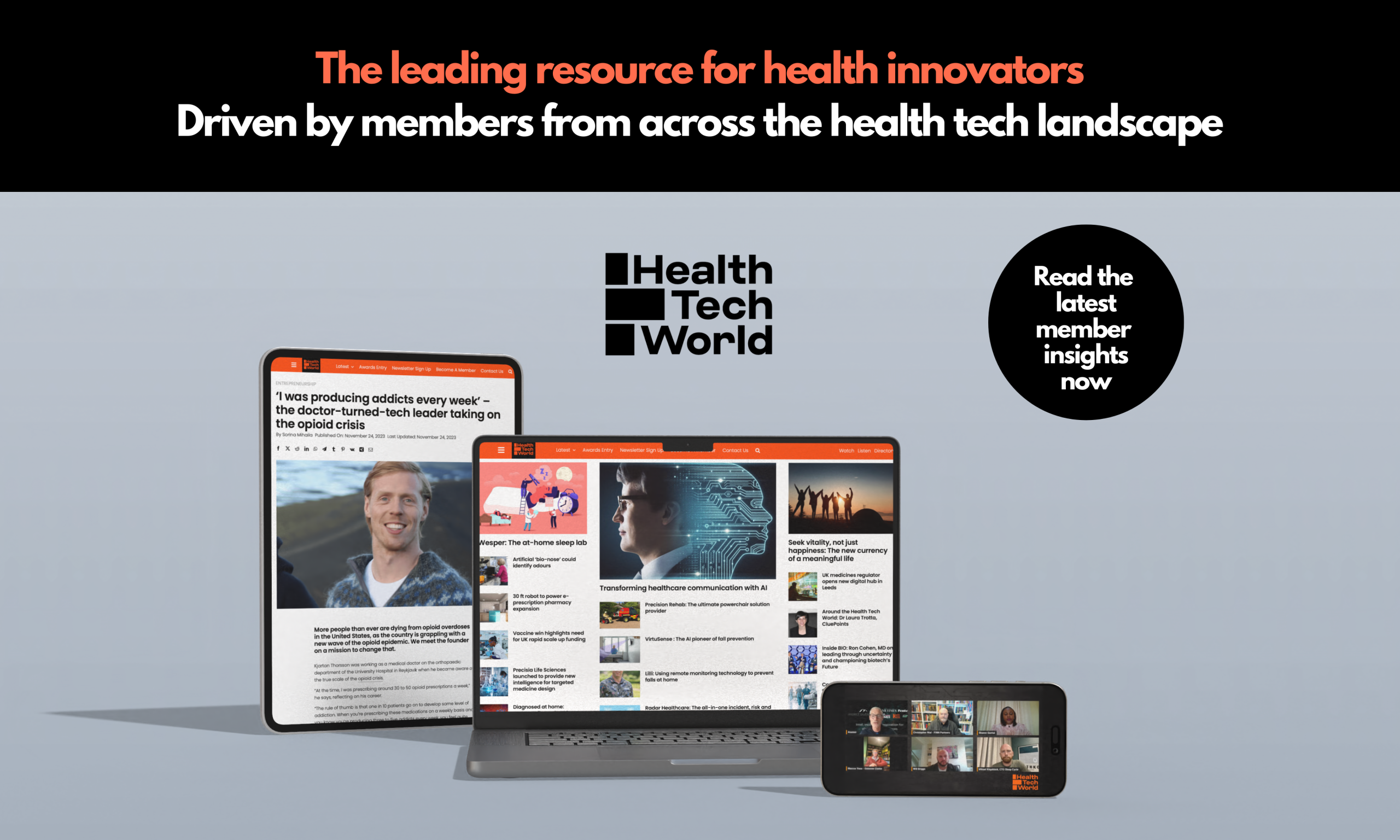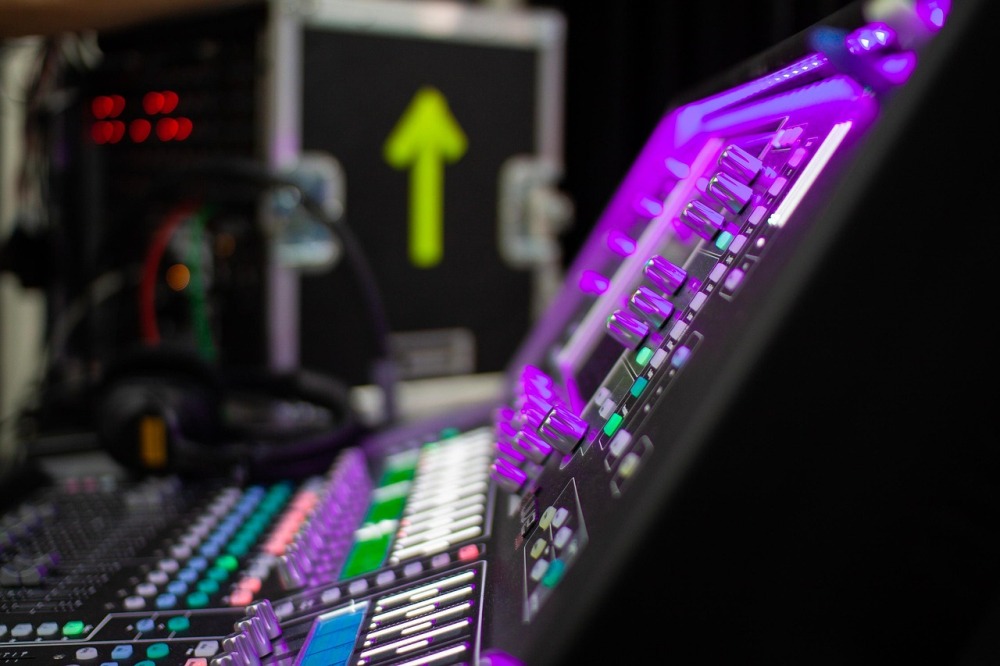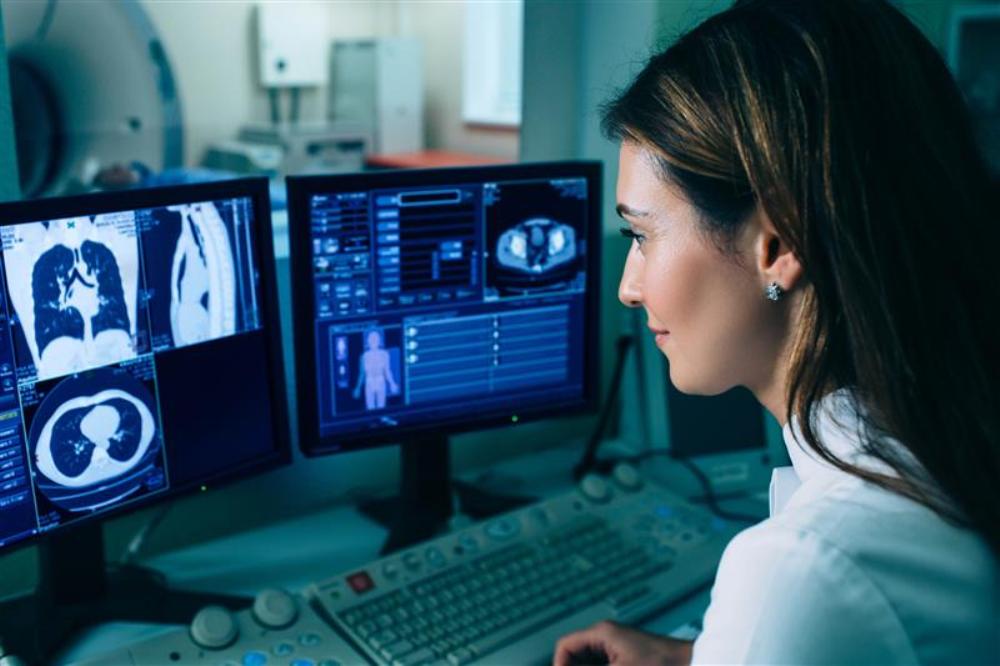
Health Tech World explores the latest business developments in the world of health technology.
AI to be trialled at across NHS screening
Pioneering AI tools are to be tested in NHS screening services in order to enable quicker diagnoses and treatment for patients using a groundbreaking new cloud system.
A new AI research screening platform – AIR-SP – which is being supported by £6 million in government funding, is being built by NHS England to enable trusts across the country to join trials of AI in screening to help speed up diagnosis.
It will offer NHS staff access to AI tools in trials to help analyse screening images and pinpoint abnormalities, including possible signs of cancer.
The NHS lacks the digital tools to deploy AI in screening quickly, safely and at scale, with 90 per cent of AI tools remaining stuck in pilot phases due to over-reliance on temporary IT setups in each individual trust.
Even if one tool is deemed effective by one trust, every single other trust in the NHS must start the process of testing the tool from scratch and set up new databases to access images generated by the AI.
The new NHS-wide cloud will hold multiple AI tools in a single environment that will have secure connections to all NHS trusts. It will dramatically cut down the time and costs associated with rolling out AI research studies.
The new platform, which will take approximately two years to build, means futuristic tools could in future be tested and trialled at the same time, in any trust across the health service, with a view to rolling them out to the NHS frontline if they are proved effective.
It will first be used to support nearly 700,000 women across the country taking part in a historic National Institute for Health and Care Research (NIHR)-funded trial, identifying changes in breast tissue that show possible signs of cancer and referring them for further investigations if required.
The building of the digital platform is being funded by NIHR and is expected to be rolled out for research purposes in 2027.
CoMind announces US$102.5m funding to redefine clinical monitoring of the brain
CoMind has announced that it has raised US$102.5m in funding that will support the advancement of its first product – CoMind One – for regulatory approval.
The funding will also support completion of additional clinical trials, team expansion, and manufacturing partnerships.
The company says that CoMind One is a non-invasive brain monitoring system designed to offer real-time insight into cerebral perfusion, autoregulation, and intracranial pressure using advanced infrared light technology.
The company states that: “The system is centered around a simple adhesive sensor intended to be placed on the patient’s forehead, with ease of use and minimal training as key design goals.”
CoMind’s objective is to support clinicians with continuous brain physiology signals that could inform decision-making across a range of critical settings such as cardiac and vascular surgery, intensive care, and traumatic brain injury management.
Collaboration to advance AI technology designed to transform hospital operations
GE HealthCare is collaborating with two U.S. health systems, The Queen’s Health Systems in Honolulu, HI and Duke Health in Durham, NC, to help advance the development of GE HealthCare’s new AI-driven hospital operations software.
Both health systems plan to contribute their frontline expertise to inform GE HealthCare’s forthcoming cloud-first Software as a Service solution that will be part of GE HealthCare’s CareIntellect family of applications.
User feedback is central to GE HealthCare’s customer-driven approach to developing solutions that tackle health systems’ biggest needs and provide better, faster care to more patients. The new solution will use AI and predictive analytics to recommend actions.
These features are designed to give hospital leaders the actionable insights and suggestions they need to adjust in real-time to deliver high-quality, efficient care.
“At Queen’s, we believe in the power of technology to empower clinicians and improve patient care,” said Ashley Shearer, vice president of care coordination, patient flow, geriatrics, and inpatient rehab at The Queen’s Medical Center.
“As a current user of GE HealthCare’s Command Center software, we have seen firsthand how data-driven insights are helping us better advance our mission to deliver the best care in the best possible way.
“With the support of GE HealthCare’s technology and change management expertise, alongside other key initiatives, we have been able to improve access to care and increase the number of transfer patients by more than 22 per cent.
“We look forward to providing our perspective and sharing our learnings to help inform GE HealthCare’s newest software solution and find new ways to increase access to care and high-quality support for patients.”
GE HealthCare’s AI solution will draw on insights gained from the nearly 500 hospitals and medical facilities that use Command Center, across 55,000 beds globally.
The new application aims to help hospital leaders by providing recommended actions and predictive analytics to help them move from insights to action across areas including bed demand, staffing and equipment.
CDSCO approval of xStep device for the treatment of paralysis
Vivatronix Tech and SpineX have announced that the Central Drugs Standard Control Organization (CDSCO), India’s national regulatory authority, has approved xStep for clinical and home use in India.
The xStep device delivers painless, noninvasive electrical stimulation to the spinal cord, without the need for surgery, to help restore motor function, mobility, and independence in individuals living with paralysis.
Formerly known as SCiP or SCONE, the xStep technology has been recognised by the US Food and Drug Administration (FDA) as a Breakthrough Device for two distinct indications.
The company states that the device has demonstrated promising results in multiple global clinical trials, and SpineX continues to collaborate on investigator-initiated studies validating the safety, efficacy, and transformative potential of noninvasive spinal neuromodulation therapy.
“xStep’s CDSCO approval represents a breakthrough for neurorehabilitation, bringing world-class, life-changing therapy within reach for patients in India and beyond,” said Dr Sachin Kandhari, MD, a leading Key Opinion Leader in neuromodulation and neurorehabilitation.
With CDSCO approval, SpineX and Vivatronix Tech are planning to expand access to advanced neurorehabilitation technology in India and worldwide.
World’s first FDA-Cleared digital stethoscope with integrated AI scribe
Health tech company Lapsi Health has launched Keikku 2.0, a medical tool for clinicians.
Keikku 2.0 is the first FDA-cleared digital stethoscope that listens, scribes, and supports diagnostics with AI in real time.
According to the American Medical Association, in primary care alone, physicians can spend an average of 36 minutes per patient visit on charting in electronic health record (EHR) systems, with some of it outside clinic hours.
Keikku 2.0 streamlines this process by automatically generating ready-to-use clinical notes that integrate directly into major EHR systems.
The device works with Keikku AI and third-party scribe platforms to make adoption simple for clinics and hospitals of any size.
Beyond documentation, Keikku 2.0 supports clinical decision-making.
Its sensors and AI-powered auscultation analytics detect cardiac murmurs and lung sounds that may indicate disease, giving clinicians immediate, data-driven insights during routine exams.
“As physicians, we designed Keikku 2.0 to fit seamlessly into clinical workflows. Every feature was built to improve efficiency and reduce stress for healthcare providers,” said Diana van Stijn, CMO and co-founder at Lapsi Health.
“We set out to create a tool that feels familiar – like a smart medical assistant – to reduce burden and free clinicians to focus their energy on patient care.”
Making brain scanning more accessible with next gen technology
Health tech company Hyperfine has developed the first FDA-cleared AI-powered portable MRI system for the brain, the Swoop system.
The company has announced plans for clinical use expansion into the operating room environment in order to make brain MRI more accessible across a diversity of care settings.
Hyperfine has stated that it plans to launch a new study to build a body of clinical evidence for Swoop system use in neurosurgical procedures.
The PRISM PMR (PRe- and post-operatIve Study of iMaging with Portable MR) is designed to further collect data and optimize the Swoop system’s real-world clinical utility in the operating room.
The study will evaluate the pre- and post-procedure use of portable MRI across a diverse range of neurosurgical procedures, including its ability to detect post-operative complications, such as stroke and bleeding, and how it can be best integrated into the surgical workflow to accelerate discharge and recovery.
The study has enrolled its first patients and is led by the principal investigator, Dr Elad Levy, MD, MBA, a globally recognized pioneer in the field of neurovascular disease. It is being conducted over three months at the Atlas Surgery Center in Buffalo, New York.
Hyperfine president and CEO Maria Sainz, said: “By enabling neurosurgeons to obtain critical imaging immediately before and after a procedure, the Swoop system can help improve patient safety, reduce costs, and transform how surgical centers think about imaging infrastructure.”







